airborne

Personal Exposure to COVID-19 Can Be Detected Via Wearable Air Sampler That Captures Airborne Virus

COVID-19 Spreads Faster Than Before; Studies Show How New Variants Transmit More Efficiently Through Air
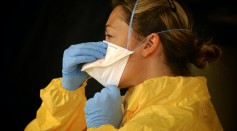
Outdated COVID-19 Guidelines Risks Ontario Citizens to Airborne Transmission

COVID-19 is Airborne, CDC Says Virus Can Spread Beyond 6 Feet
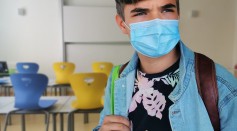
Wearing Mask Outdoors is Necessary to Avoid COVID-19 According to Experts
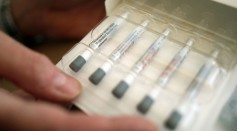
Inhaled Vaccines Show Effectiveness in Strengthening Immune Response in Mice, Primates

Hydrogen Peroxide-Based Disinfectants Against COVID-19 May Cause Pollution
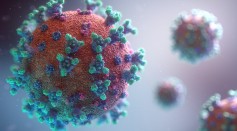
Turns Out Coronavirus Can Be Spread Airborne Indoors--WHO

Is Coronavirus Airborne? Hamsters on a Plane Can Prove The Theory

Airborne or Not? WHO Now Reviewing Evidence of Coronavirus' Airborne Transmission After Scientists' Plea
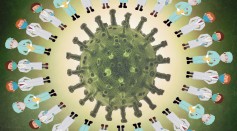
Coronavirus Is Airborne: 239 Experts Call on the WHO to Update Its Guidelines
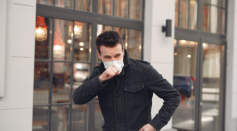
Scientists Analyze the Complexities of Airborne Transmission With a Mask On
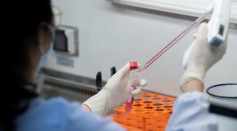
Researchers Detect Airborne Coronavirus in Wuhan Hospitals Especially in Areas Where Staff Take Off PPEs
Most Popular

How Technology Is Changing the Real Estate Industry?

How a Plant-Based Diet Can Protect Against Breast Cancer: Insights from Nutrition Research

Study Reveals High Turnover in Scientific Research Careers: What This Means for Future Scientists

Why It's So Difficult to Lose Weight: The Biological Explanation Behind Obesity






